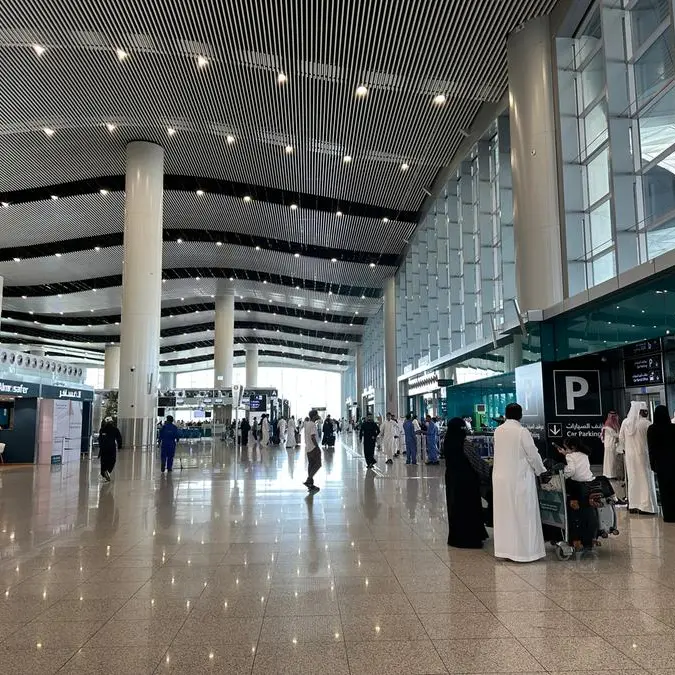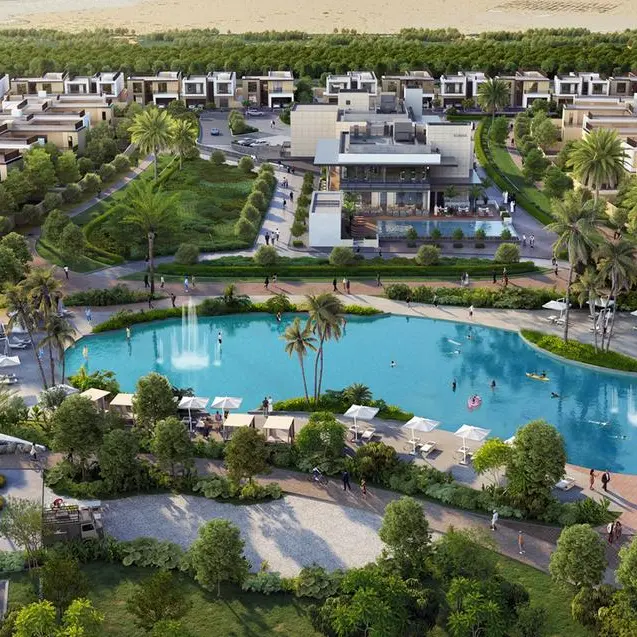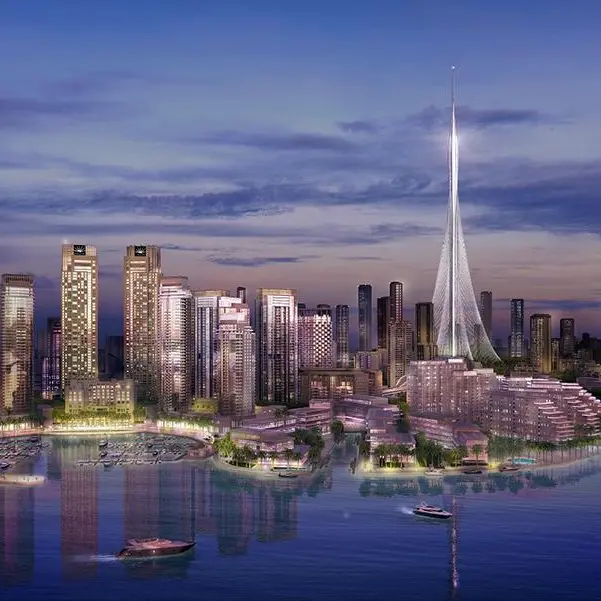"Perhaps the modern technology, satellite TV and new media, are appropriate environment for the (marginalized)," tweeted Salman Al-Oudah on Tuesday.
That's quite an ironic tweet, given that Mr. Al-Oudah is hardly a marginalized member of the social media community. Indeed, Forbes magazine ranked the Saudi cleric as the fourth most influential Arab Twitterati in the world, and in addition to his one million Twitter followers in two languages - English and Arabic - he has garnered no less than 63,000 Facebook 'likes' at last count.
Mr Al-Oudah and other Saudi clerics are the subject of a fascinating report by The Foundation for Defense of Democracies, a conservative American non-partisan institution.
ConStrat - which crunched the numbers for FDD - mined data on 40,000 pieces of content to capture a slice of Saudi clerics' views on social media and paint a fascinating picture of current Saudi thought.
The report notes that the top five clerics on Twitter by volume of mentions in Arabic were Salman al-Oudah, former Grand Mufti ibn Baz, Saleh al-Fawzan, Saleh al-Luhaidan, and Safar al-Hawali.
"Notably, three of the top five clerics are members of the sanctioned establishment; Al-Odah and Al-Hawali are the exceptions," noted Jonathan Schanzer and Steven Miller, the co-authors. "This is impressive because none of the establishment clerics maintain Twitter or Facebook profiles."
Here are the report's key findings:
* Twitter was the preferred social media vehicle for all Saudi clerics, accounting for 84.29% of the total content by source. Even though many clerics do not maintain Twitter accounts, their fatwa are tweeted and retweeted gleaned from their websites, YouTube videos and physical-world announcements.
* 'Sanctioned' clerics - those part of the religious establishment - such as Saleh al-Fawzan and Abdulaziz ibn Baz, along with 'unsanctioned' cleric Salman al-Oudah, accounted for the bulk of Arabic data with 31,368 out of the total 38,525 posts related to at least one of them. They were also the most popular clerics on Twitter.
* In English, sanctioned clerics Abdul Rahman al-Sudais and Saleh al-Fawzan, along with Salman al-Oudah, garnered approximately 50% of all social media mentions.
* Message boards made up 45% of all Arabic content related to Saudi clerics, meanwhile social media such as Twitter, Plurk and Identi.ca made up 25% of total and mainstream media websites made up 25%.
* Not surprisingly, Arabic content on Saudi clerics far outnumbered English content. "However, English language web-users were far more concerned with militant issues than their Arabic-speaking counterparts; 16% of English conversations were military related, as opposed to just 1% of Arabic conversations," the report noted.
* Forty-seven per cent of Arabic content focused on daily religious practice, 35% on social, 12% on international politics. Social media users were less focused on domestic issues (8%), sectarian issues (4%), economics (4%) and military (4%).
* English content was broader, focusing on daily religious practice (29%), social issues (22%), military (16%), sectarian issues (13%) and domestic politics (9%).
JOINING THE CONVERSATION
It's important to note that the study was conducted for a predominantly American audience by a group that's concerned about threats to the Western world by fundamentalist elements.
Still, it does not appear to raise alarm bells, although it worries about anti-western sentiments.
More crucially, it underlines the country's efforts to come to terms with the new platform that it fears and knows it can't ignore.
"In addition to social media outlets like Twitter, Facebook, and YouTube, Apple's iPhone, iPod touch, and iPad applications are gaining popularity among Saudi clerics to disseminate their messages," the report noted. "This phenomenon contradicts the religious establishment's historical opposition to 'corrupting' modern technology."
Saudi clerics have quickly realized that social media is a potent tool to spread their message. Rather than letting dissenting voices dominate the conversation, Saudi scholars are looking to fill the void and be part of the discussion.
Clearly, though, the data focused on content focused on Saudi clerics, and unlike the 'physical world', they remain bit players in the virtual world of social media.
A little over 16% of Saudis are on Facebook according to a Dubai School of Government report, compared to 30% of Emiratis and 25% of Kuwaitis. Saudis are far more active on Twitter with 127,000 active users, second only to Egypt in the region. Still, these figures suggest the Kingdom's social media evolution remains in its infancy.
"We have yet to reach the peak of the social media phenomenon, as there is so much more to expect from the tech-savvy youth of Saudi Arabia. Governmental perspectives have yet to become a central part of the debate," says Rafid Fadani, an analyst at the Global Information Society Watch.
"The potential of technologies to contribute to broader dialogue using Web 2.0 tools can be felt - and the youth are now more capable and qualified to identify their liberty and rights. It is now time for the government to choose, either to be part of the debate, or part of the problem."
STRUGGLING WITH MODERNITY
Whether it is the Youtube video of the Saudi woman driver Manal al-Sharif or the tweets and Facebook updates of Bahraini, Egyptian and Syrian protestors on the Arab Streets, the Saudi establishment is finding it hard to manage public thought.
Indeed, the social changes are slowly forcing the establishment and its various institutions and officials to at least join the conversation and respond to public discussions.
"After an initial period of reticence, the clerics began to weigh in on the injustices of other regional governments and even Saudi allies, but largely spared the Saudi state," noted FDD's Mr. Schanzer.
"Their vocal response is a significant development, especially in light of the crack down on the Sahwa clerics (and their eventual co-opting) in the early 1990s. Clerics may yet play a role in opening up political discourse in Saudi society."
There is also the danger that the clerics' new-found influence would embolden them to push the envelope and challenge the Saudi establishment.
While managing dissent is nothing new for the Kingdom, the virtual world of social media remains uncharted territory for all the political actors.
"Saudi Arabia, like the rest of the Arab world, is now dealing with a new and rapidly changing political environment that looks nothing like the past," the report concluded.
© alifarabia.com 2012




















